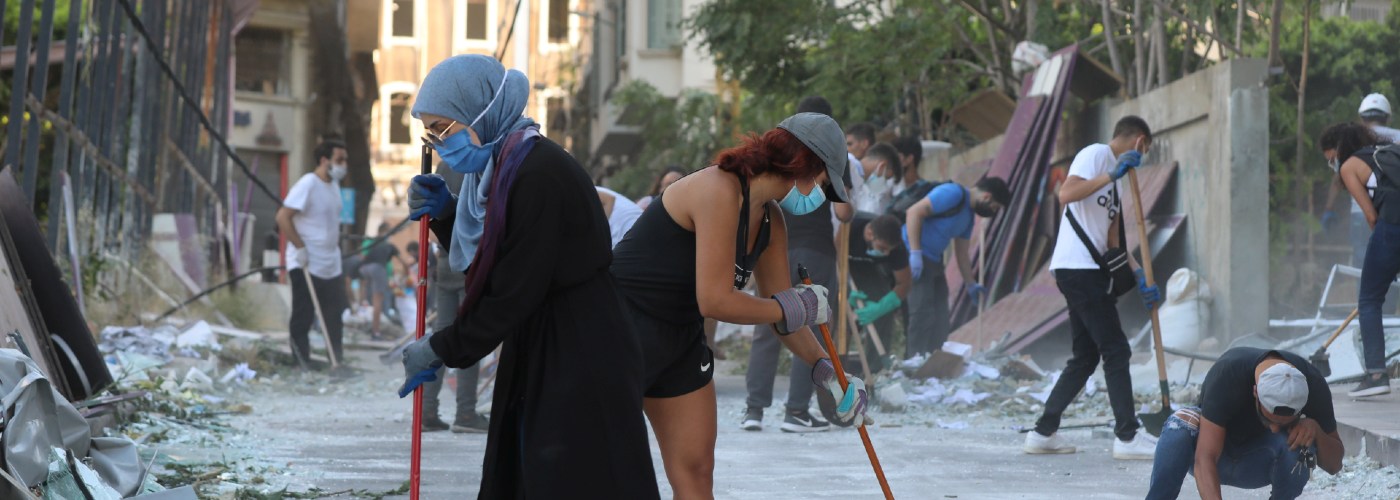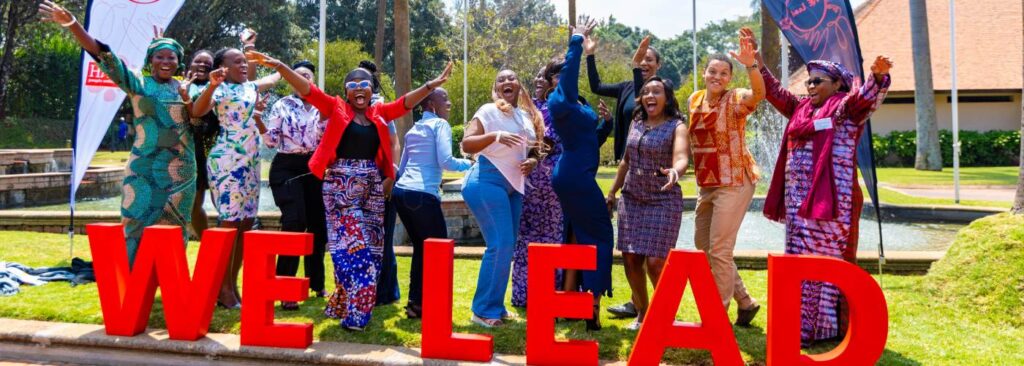Today, on August 4, Lebanon marks the first anniversary of one of the most horrific events to befall its capital city Beirut: two massive explosions in the port that brought unbelievable devastation to its inhabitants.
The blast, caused by tons of improperly stored ammonium nitrate, claimed over 200 lives, injured 7,000, and laid waste to the port, basic infrastructure, homes, schools, and businesses. Over 300,000 people were displaced, and survivors have been suffering huge losses of income and immeasurable psychological pain. According to the World Bank, the explosion caused an estimated $3.8-4.6 billion in material damage and the UNDP estimates environmental clean-up will cost over 100 million USD.
For the people of Lebanon, this was yet another tragic blow to a country already struggling to cope with multiple crises – the global pandemic, the long-standing refugee crisis, and the continued downward spiral into financial and economic collapse. This all in the face of a dysfunctional political leadership unable or unwilling to take the steps required to implement reforms and start recovery, further eroding the support and trust of its constituents.
Recovery
In the immediate aftermath of the explosions, it was proactive local civil society organizations and brave communities of volunteers who acted as invaluable first-responders – not the government. And it was their efforts that galvanized support from other countries, international institutions, and philanthropic individuals aboard. Through UN-coordinated initiatives, over $300 million was secured to fund the recovery efforts focused initially on basic humanitarian needs. This eventually evolved into longer-term recovery and reconstruction.
But now, one year on, support is still badly needed by Beirut’s inhabitants, who have not fully recovered from the impact of the explosions, while hopes of full accountability and justice remain dim as an ongoing investigation continues to stall. In August 2020, UN experts publicly laid out benchmarks, based on international human rights standards, for a credible inquiry into the explosions. But once again, one year on, flaws in the domestic investigation have rendered it incapable of delivering justice.
Amid growing anger among the explosion’s survivors and families of the victims, loud calls for an international investigation have increased. Mounting evidence of failures and inaction by government officials has only strengthened their case.
The people of Lebanon
We share the frustration felt by the people, our colleagues and partners in Lebanon and stand in solidarity with them today on this national day of mourning to honor those killed and to reflect on the lives irreversibly affected by the fateful event of one year ago.
We call upon Lebanon’s government and political class, to take action and responsibility and finally ensure a fair, impartial and transparent investigation. We urge the international community to continue to push for accountability. In the absence of this, those affected cannot adequately begin the process of healing and re-building their lives.




